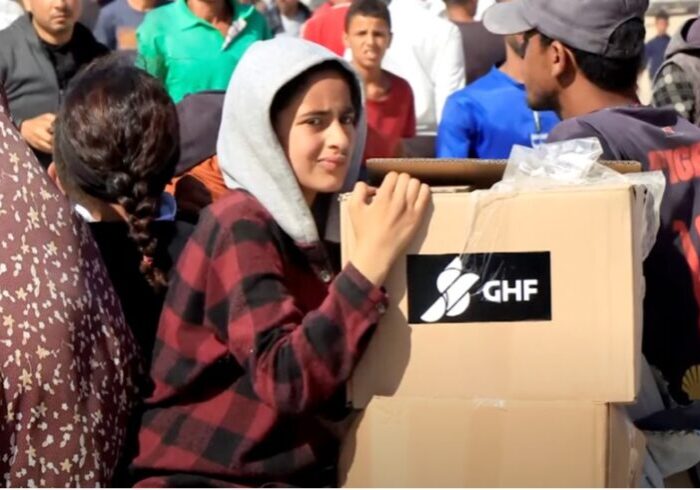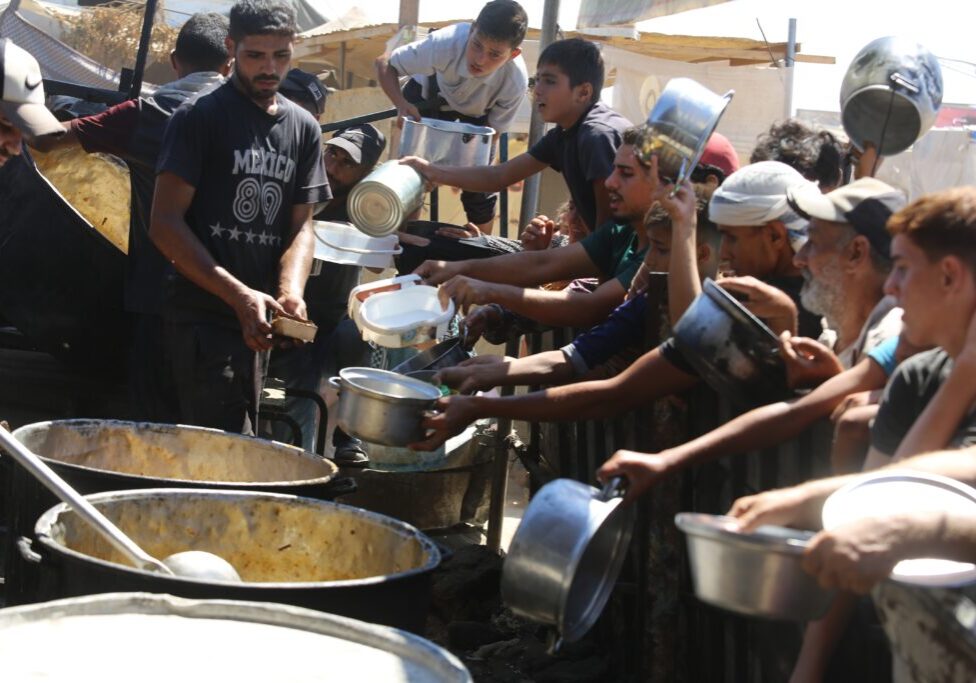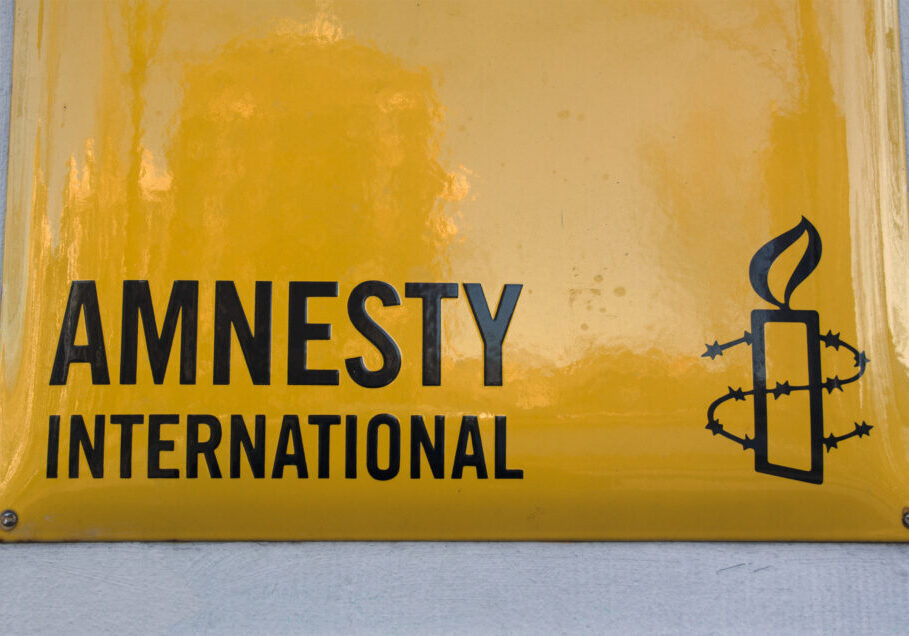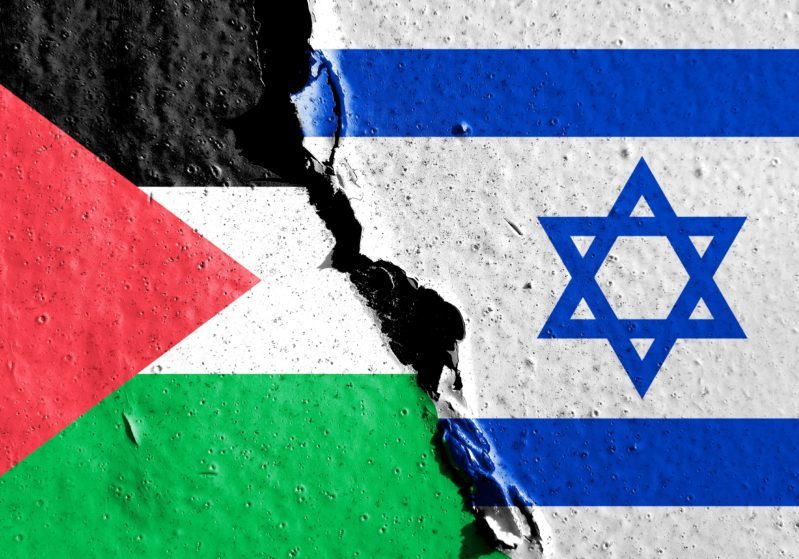Australia/Israel Review
Truce negotiations and the Fatah-Hamas conflict
Sep 3, 2018 | Pinhas Inbari
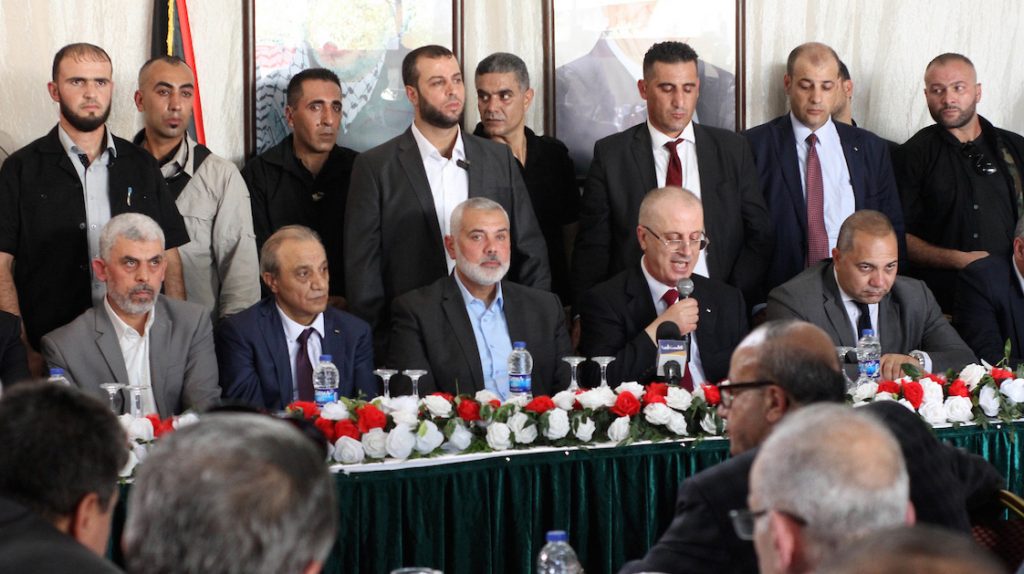
Friday, August 17 was not a quiet day along the border fence between Israel and Gaza. On that day, Hamas activists attempted to breach the border. However, for the first time, on Aug. 18, Hamas’ main website, Resalah, confirmed that tahdia talks were occurring in Cairo.
The parties were working toward a conclusion with the participation of Palestinian “organisations,” many of them affiliated with the Palestine Liberation Organisation (PLO). However, the talks are underway without Fatah, the ruling party of the Palestinian Authority and political wing of the PLO, which refuses to be involved. [Tahdia is an agreement for a period of calm. Hudna is akin to a ceasefire agreement. The tahdia will be based on the 2014 ceasefire agreement that ended that previous round of violence between Israel and Hamas.]
On the table now is not “regularisation” of relations that will entail a dramatic change in the miserable conditions of everyday life in Gaza, and an end to the currently limited, yet exasperating, burning of Israeli forests and fields by incendiary kites and balloons. Hamas’ agreement to cease these actions would come in exchange for re-opening border crossings and enlarging the size of the permitted fishing zone on the Gazan coast.
As the Eid al-Adha holiday approached (Aug. 19-24 this year), it was expected that the festive mood and the reports about the potential agreement would lead to a halt in the violent demonstrations. This may not occur immediately, but they may slowly dissipate.
According to our sources, today, no donor country is ready to invest in Gaza. Egypt is not ready to surrender any piece of Sinai for a port or airport serving Gaza and with no investment in the Rafah crossing between Egypt and Gaza, it cannot be turned into a gateway for commerce.
Therefore, in the foreseeable future, Israel’s Kerem Shalom crossing and Ashdod port will continue to be the main gateways for Gazan commerce and aid.
Do the Cairo talks signal a realignment?
The importance of the Cairo discussions can be found elsewhere: the shift of the PLO and affiliated organisations towards Hamas. While Fatah, the PLO’s governing party, is boycotting the Cairo talks, other PLO-affiliated organisations are there, so instead of Hamas joining the PLO, the nucleus of a new PLO-like organisation might be evolving.
This is a critical plot twist, because presently Mahmoud Abbas wants these PLO-affiliated organisations to affirm the legality of the PLO as the sole, legitimate source of authority for the Palestinians. He convened the PLO Central Committee to this end, yet organisations such as the Popular Front for the Liberation of Palestine (PFLP), the Democratic Front, and Mustafa Barghouti’s Palestinian National Initiative (an umbrella organisation for several NGOs) convened with Hamas in Cairo.
Mahmoud Abbas was left alone with the tiny People’s Party (formerly the Palestinian Communist Party) and the Palestinian Democratic Union (FIDA).
If Abbas continues on this path, sources within Fatah expect that a split inside Fatah may occur. They did not elaborate but stated that the source of the problem between Abbas and the organisation is his “punishment” of Gaza. At the recent PLO convention, he promised to end the sanctions on Gaza, but he did not fulfil this promise, although it was confirmed in the PLO’s formal resolutions. In response, the PLO-affiliated organisations boycotted a PLO meeting last week and joined Hamas in Cairo.
Today, Abbas threatens to increase Gaza’s punishment if a separate agreement is enacted between Hamas and Israel. If this happens, there will be a split between him and the PLO-affiliated organisations, and parts of Fatah may break away.
What is going to happen?
In our opinion, Egypt, Israel, and the international shareholders will not recognise Hamas as the de jure ruler of Gaza. When/if the new tahdia enters into effect, Egypt will again try its best to make Fatah-Hamas reconciliation work.
But, everything in due time.
Pinhas Inbari is a veteran Arab affairs correspondent who formerly reported for Israel Radio and Al Hamishmar newspaper, and currently serves as an analyst for the Jerusalem Centre for Public Affairs. © Jerusalem Centre for Public Affairs (jcpa.org), reprinted by permission, all rights reserved.
Tags: Egypt, Fatah, Hamas, Palestinians


